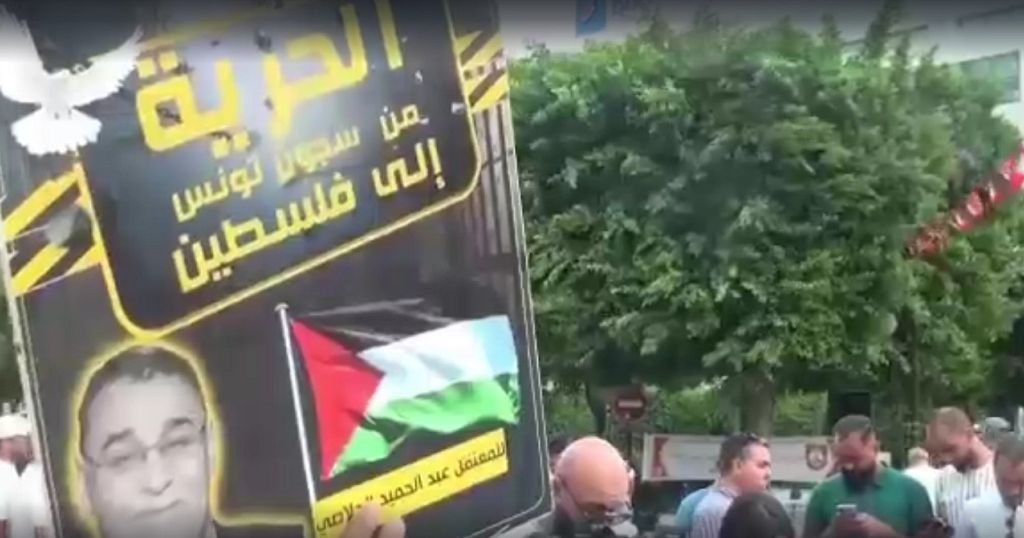Hundreds of Tunisians flooded the streets of Tunis on Friday, voicing sharp opposition to President Kais Saied’s rule on the four-year anniversary of his controversial consolidation of power. The protests, punctuated by chants of “No fear, no terror, power to the people,” underscored mounting discontent in a nation once hailed as the cradle of the Arab Spring uprisings that swept the region in 2011.
July 25 marks the day in 2021 when Saied suspended parliament, dismissed the prime minister, and invoked emergency powers to govern by decree—a move initially welcomed by some as a reset for Tunisia’s faltering democracy but decried by critics as the start of an authoritarian shift. Samir Dilo, a senior member of the opposition National Salvation Front, captured the mood at Friday’s rally: “What began as a promise of reform has become a return to repression. Absolute power is absolute corruption.”
Protesters brandished posters of imprisoned opposition figures, with Ennahda Party leader Rached Ghannouchi—the most prominent political detainee—featured prominently. Families of jailed activists also joined the demonstrations. Saida Akremi, whose husband, former justice minister Noureddine Bhiri, remains behind bars, called the anniversary an “inversion of the republic” and a betrayal of Tunisia’s democratic aspirations. “I demand freedom for political prisoners, lawyers, and all citizens unjustly incarcerated,” she declared.
Since 2021, Saied’s administration has dissolved judicial oversight bodies, removed judges, and jailed dissidents under broadly applied anti-terrorism and conspiracy laws. Over a dozen women political figures, including lawyer Sonia Dahmani and secularist leader Abir Moussi, are among those imprisoned—a point emphasized by activist Hafsia Bourguiba. “No one imagined free Tunisian women would be locked up for their views,” she said.
The political crackdown unfolds amid economic stagnation, with inflation and unemployment fueling public frustration. Last June, Amnesty International documented a widening campaign to silence dissent, noting authorities’ use of “vague legal justifications” to target marginalized communities. While Saied’s supporters argue his actions stabilize the country, protesters warn of democratic backsliding in a nation where the 2011 revolution once inspired hope for regional change.
As crowds dispersed, the unresolved tensions between Saied’s vision and his opponents’ demands echoed through Tunis—a stark reminder of the fragile balance between order and liberty in post-revolutionary Tunisia.
